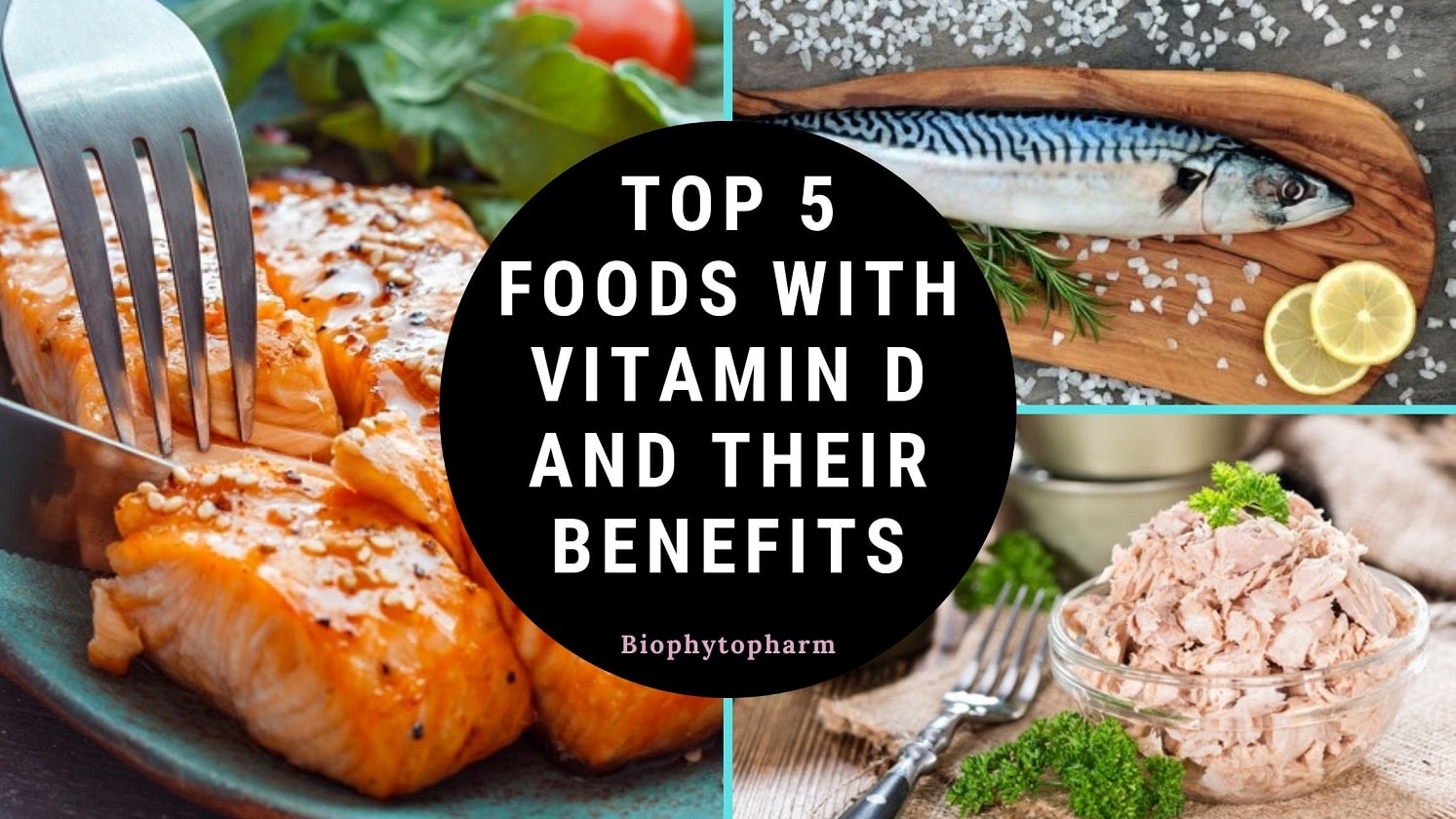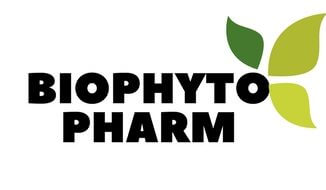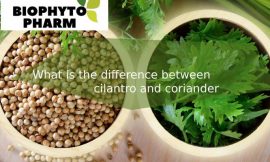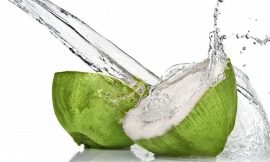Top 5 Foods with Vitamin D and Their Benefits

Vitamin D is vital to the development of the human body in that it helps in the absorption of calcium, and essential for a healthy set of teeth and bones. It also helps in regulating the heartbeat and the clotting of blood. Evidence abounds that it helps in lowering the risk of certain cancers like breast, colon, and prostate. As we get older our bodies will need more vitamin D.
There are many readily available foods containing vitamin d which will accumulate to meet the minimum daily recommended amount of 10mcg for our body. The only foods which are naturally rich in vitamin D are fish, particularly fatty and oily fish such as
- mackerel
- salmon
- sardines
- tuna
- herring
There are lower quantities of Vitamin d in such food sources as liver, eggs, margarine, and a number of fortified foods such as milk and cereals.
However vital these rich foods with vitamin D are, it is imperative to know that the human body absorbs vitamin d in two different ways: that the first and best way comes from natural sunlight, for this reason, it is sometimes called ‘Sunlight Vitamin. A reaction in our skin is triggered by the ultraviolet rays from the sun and this allows the human body to naturally create this important vitamin.
There are many variables that determine the quantity of vitamin d the body creates such as age and skin type. Younger, fairer skin produces more vitamin D in a shorter time. It is important that we spend hours under the sun to meet our daily needs. Spend at least 5 minutes, if your skin is fair in complexion, or at least 20 minutes if your skin is darker.
There is no need to strip; exposing your arms and face a couple of times from late morning to mid-afternoon per week will be enough to meet the daily need of vitamin. The fact is that vitamin d is not needed every day as it is stored in the body. For this reason, it is known as a fat-soluble vitamin.
Sadly, not everyone lives in an environment where there is regular sunlight. There are always those months during winter when the quantity of vitamin D in your body will reduce. This is when it becomes important to eat a diet rich in vitamin D.
Taking a dietary supplement is also worth considering. This can either be a good multivitamin or a specific vitamin d supplement, to make sure that the body maintains a healthy level of vitamin D.
It is imperative to know that eating foods with Vitamin D in excess can cause health problems, hence as with any supplement, it is imperative not to go above the dosage recommended.
When we do not get enough supply of vitamin d, this can lead to rickets in children and osteoporosis in adults. It could also result in a condition known as osteomalacia which causes weakness in the bones and muscles.
No one should suffer from insufficient vitamin d in this day and age. Some amount of sunshine a few times weekly, a healthy diet containing hight vitamin D, and where necessary a vitamin supplement (D) will make sure that your body gets all that it needs.
Risks caused by vitamin D deficiency
Vitamin D is an essential nutrient for hormone function, skin plumpness, bone strength, and immunity. Its deficiency in the body leads to a host of health risks that should not be underestimated.
1. Here’s What Causes a Vitamin Deficiency
A low level of the vitamin causes pain in the lower and upper spine and an increased risk of
2. Fractures and Depression
Vitamin D deficiency is reflected in the bones because it is an essential element so that the body can absorb calcium. The low level of the vitamin causes pain in the lower and upper spine and an increased risk of fractures.
- Feeling tired and rapidly exhausted are signs of vitamin D deficiency.
- Vitamin D deficiency causes low spirits and increases depression.
- Hair loss is a side effect of vitamin D deficiency.
And obtaining vitamin D from the sun requires exposing areas of the skin to its rays directly and not from behind a glass, or eating the bones of fish, or salmon, tuna, sardines, milk, and eggs, and the vitamin is also found in (mushrooms).
Follow us:Facebook,Twitter,Instagram,Pinterest




